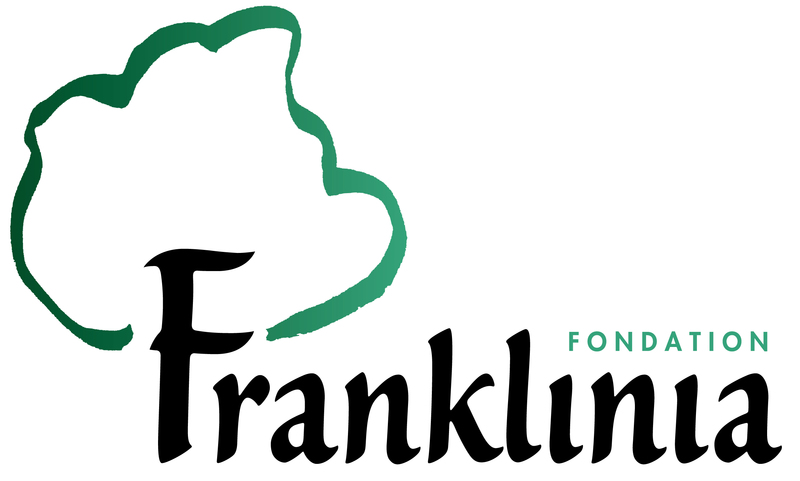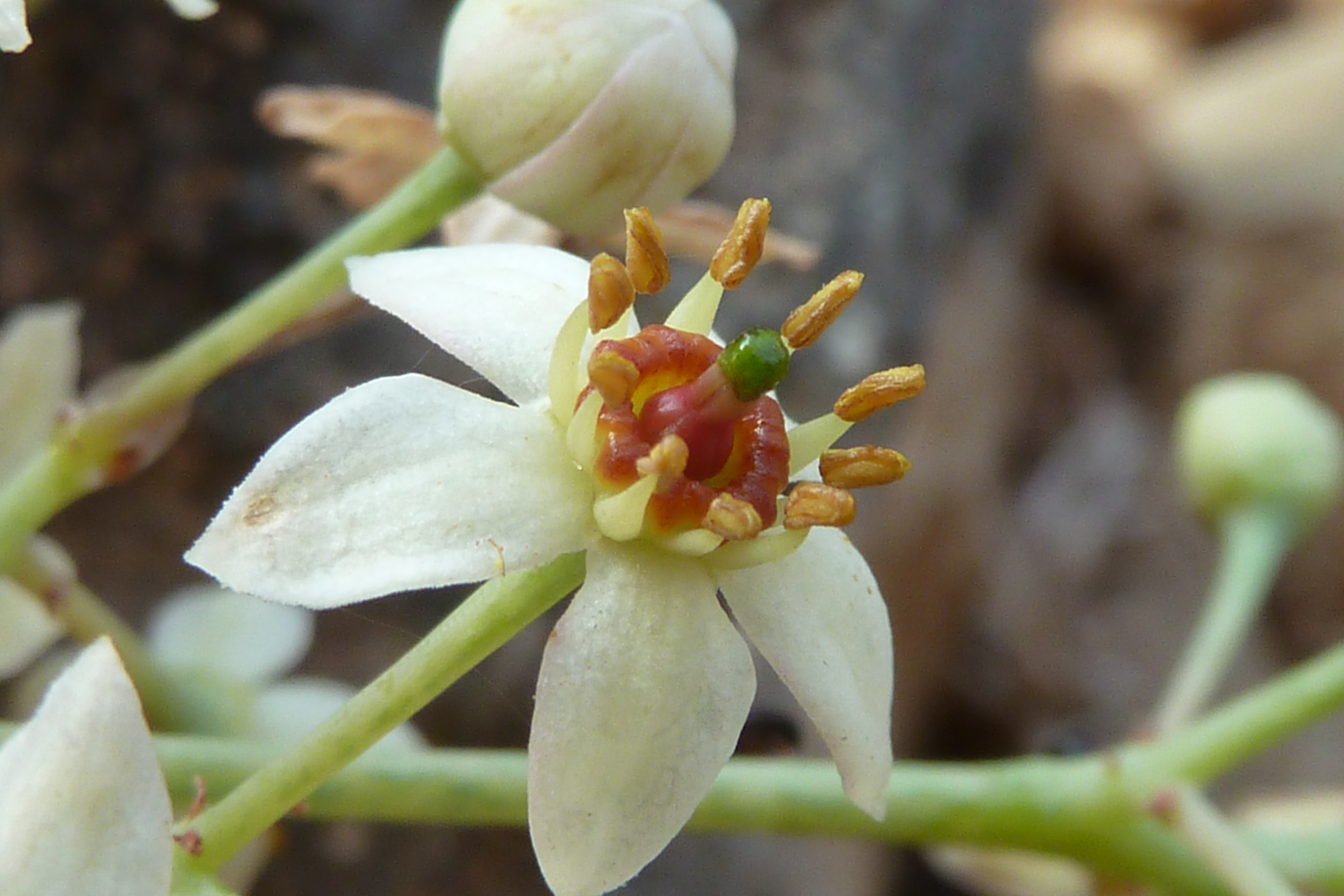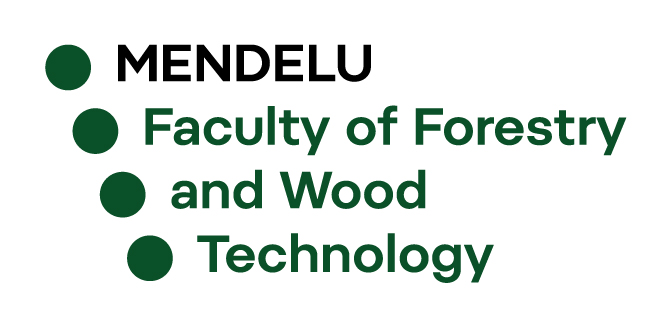Project description 
Frankincense trees:
Boswellia is a genus of trees or shrubs with aromatic wood and bark known for its fragrant resin. The Boswellia trees have sacred and ritual as well as medical uses. The use of the frankincense of these trees is well known around the world in different cultures. Medicinally, over 2,000 years, different civilizations used Boswellia for healing purposes. For example, in Socotra, the bark of some trees is used as a diaphoretic, to treat rheumatism, intestinal problems, nervous disorders and skin diseases. Socotra island has the largest number of unique Boswellia species anywhere in the world.
 The reasons and need for Boswellia conservation:
The reasons and need for Boswellia conservation:
The biodiversity on Socotra is increasingly affected by human-induced and climatic impacts. Recent changes in land management practices by local people cause overgrazing, resulting in the lack of tree regeneration and ultimately leading to decline, even extinction of local populations. Moreover, locally intensified cyclones and prolonged droughts caused by global climate change, have recently destroyed mature frankincense trees across the island.
The goal of the project:
The goal of the project is to conserve the endemic Boswellia species occurring on Socotra Island. Eleven endemic Boswellia tree taxa are threatened on Socotra Archipelago and current threats to the terrestrial environment call for urgent aimed conservation measures. The goal will be reached by proper conservation status evaluation, cultivation in home-gardens, re-plantation from wild source populations, establishment of nurseries capacity building of local stakeholders, with emphasis on local communities and conservation agencies.
Expected outcomes:
- Knowledge on distribution and abundance of Boswellia species populations gained and their conservation status re-evaluated
- Boswellia conservation measures fully implemented
-
- At least 5 forest nurseries, at least 2,000 newly produced Boswellia seedlings
- 1,500 replanted trees, at least 50 home-gardens
- Conservation measures applied by local communities and agencies
-
- 5 local communities and 500 individuals successfully involved
- Capacity building activities on at least 15 trainings, at least 500 participant
- Results published and awareness raised:
-
- At least 2 scientific papers, 4 conference presentations
Timeframe:
1.1.2020 – 31.12.2022 (36 months)
Project lead: Mendel University in Brno, Czechia
Project lead contact: Prof. Dr Ing. Petr Maděra, Mendel University in Brno, Faculty of Forestry and Wood Technology, petrmad(at)mendelu.cz
